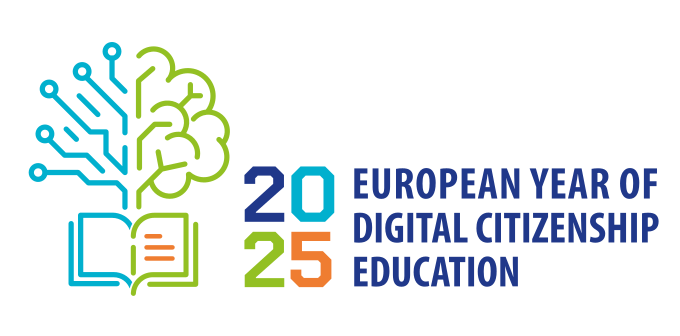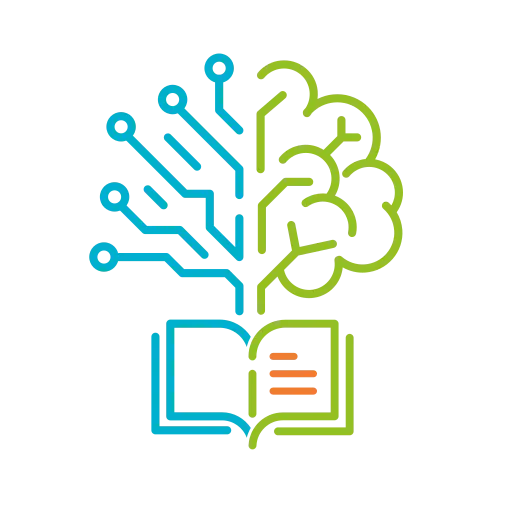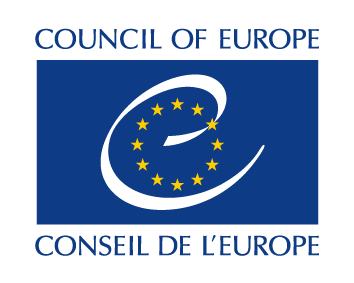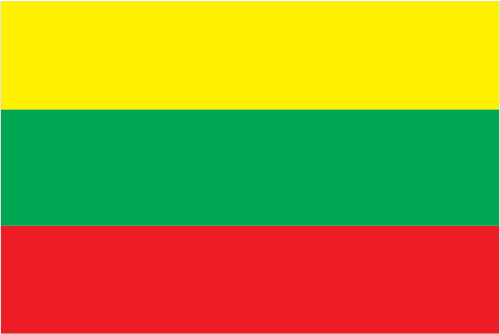- The new preschool, primary, basic, and secondary education curriculum approved in 2022 includes digital competencies (Article 11.6) and civic citizenship competencies (Article 11.5). General programs aim to strengthen personal values, self-confidence, resilience, creativity and citizenship education and create conditions for every student to achieve higher achievements by providing a solid foundation of knowledge. This new curriculum encompasses four areas: civic identity and civic power, living in a community while creating a democratic society, respect for human rights and freedoms, state creation and strengthening of statehood in the international community. Digital competence areas include digital content, digital communication, digital security, and problem-solving. It is important to note that each of these areas is developed progressively from preschool to secondary level.
- The 2013-2022 State Education Strategy No. XII-745 approved by the Seimas of the Republic of Lithuania (document not valid anymore). The goal of this strategy is to ensure Lithuanians become conscious citizens who independently build their success and integrate into both the national and global community, contributing to an advanced economy and unique national culture. One of key areas targeted in this strategy is developing teacher digital competences. Finally, it integrates guiding principles of the recommendation and digital citizenship as part of its values for example democracy and equal opportunities, citizenship, the realization of freedom and ethics, tolerance and dialogue.
- The 2018 Requirements for Computer Literacy Programs for Teachers Act approved by the Seimas of the Republic of Lithuania describes the digital competence requirements for teachers and student support specialists. It mentions DigComp 2.1, DigCompEdu: European Framework for the Digital Competence of Educators as examples of digital competence frameworks. Chapter II of the strategy discusses the content and organization of teacher digital literacy programs, highlighting the key competencies teachers should develop in students. These areas include information management, communication, digital content creation, security, digital teaching and learning, and addressing digital literacy issues.
- 2021–2030 Education Development Program. It outlines long-term goals for the Lithuanian education system, including the development of digital, IT, civic literacy, safe online practices among students to prepare them for the digital age. It emphasizes the need for enabling education to produce stronger democratic society and culture, and to promote national, civic and political awareness and mutual trust.
Sources
- https://www.e-tar.lt/portal/lt/legalAct/1a764050239511edb4cae1b158f98ea5/asr https://emokykla.lt/bendrosios-programos/kompetencijos/4
- https://e-seimas.lrs.lt/portal/legalAct/lt/TAD/TAIS.463390
- https://e-seimas.lrs.lt/portal/legalAct/lt/TAD/599d489078af11e89188e16a6495e98c?jfwid=q8i88m58y2
https://e-seimas.lrs.lt/portal/legalAct/lt/TAD/TAIS.302571/asr - https://smsm.lrv.lt/en/legal-information/agreement-on-national-education-policy-2021-2030/ https://smsm.lrv.lt/uploads/smsm/documents/files/Administracine%20informacija/planavimo%20dokumentai/pletros%20programos/%C5%A0PP%20projektas%20(2020-07-24).pdf
- https://e-seimas.lrs.lt/portal/legalAct/lt/TAD/c1259440f7dd11eab72ddb4a109da1b5/asr



